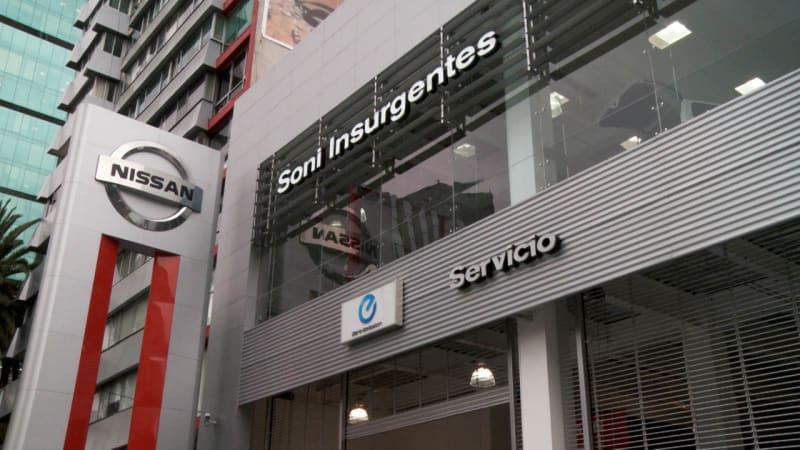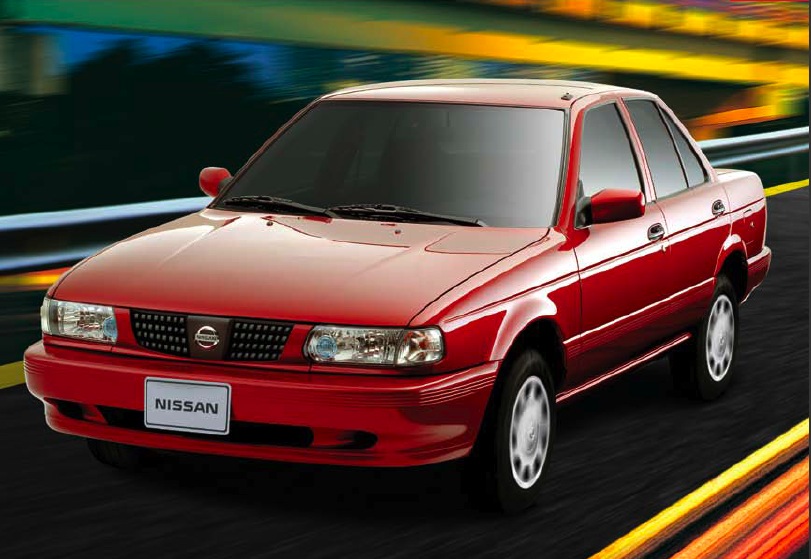Nissan helping Mexican dealers crack US market

In an effort to increase its market share particularly in southern states with large Hispanic communities like California and Texas, Nissan is helping some of its largest dealer groups in Mexico buy up American dealerships, according to a report from Automotive News. Among those Nissan dealers in Mexico expanding into the US market are Grupo Autofin Mexico (which owns 60 locations, including three Nissan dealers in Orange Country), Grupo Autocom (which controls 17 Nissan, Infiniti and Renault locations in Mexico and now owns one Infiniti and four Nissan dealers in the San Francisco bay area) and Automotores Soni SA de CV (one of Mexico's largest dealer groups which recently took over two locations in Houston).
Aside from encouraging these and other Mexican dealer groups – many of which have longstanding ties to the Renault-Nissan Alliance and its brands – to break into the US market, Nissan has been using its right of first refusal to offer dealerships going up for sale in the US to its Mexican dealers before American ones. There has yet to be any outcry from Nissan dealers in the US, though.
The effort, lead by Nissan's North American chief Jose Munoz (who used to run the Mexican division), is part of the company's drive to increase its market share in the US from 7.7 percent currently to 10 percent by 2017. And the know-how of these Mexican dealership groups forms part of that strategy. But Nissan hopes to tap more than just their experience to drive an increase in sales.
The Japanese automaker is also targeting the Hispanic market within the United States, offering Spanish-speaking Americans service in their own language with the benefit of a common cultural background. According to AN, Nissan has already surpassed Honda to become the No. 2 import brand among Hispanic customers in America, accounting for some 32 percent of the company's growth last year. Source




